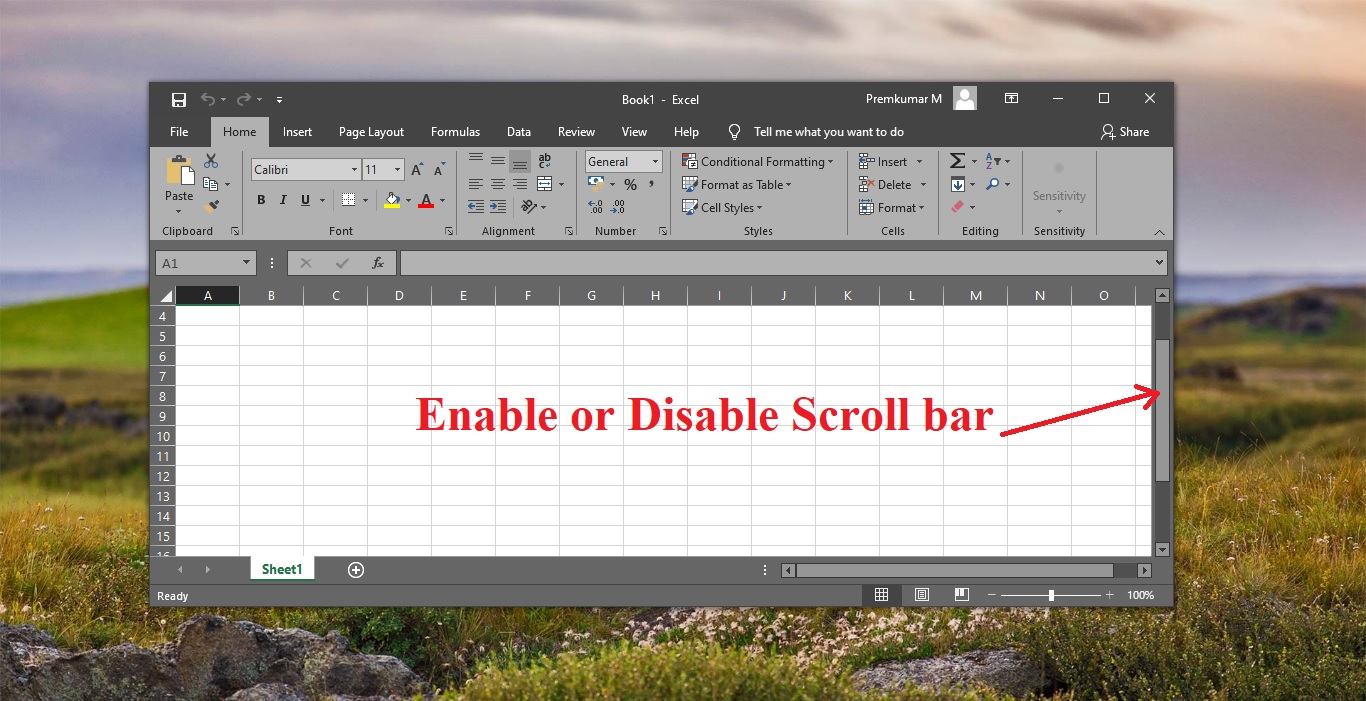5 Essential Documents for Your HSA Paperwork

Managing your Health Savings Account (HSA) effectively requires more than just knowing how much money to save. It also involves keeping detailed records and understanding which documents are necessary for proving your health-related expenditures, for tax purposes, and for maintaining compliance with IRS regulations. Here's a guide to the five essential documents you need to keep in your HSA paperwork arsenal:
1. Contribution Receipts

Your contributions to an HSA are a critical part of managing your healthcare finances. Here’s what you need to know:
- Documentation: Contributions should be recorded as they happen, including the date, amount, and the account from which the money was transferred. This might be from your payroll, direct contributions, or transfers from another account.
- Record Keeping: Keep all receipts or statements that show your contributions. This includes bank statements, payroll deductions, and any transfer records.
2. Distribution Records

When you withdraw money from your HSA, every expense must be for qualified medical, dental, or vision expenses to avoid tax penalties. Here’s what you need:
- Receipts or Bills: Save receipts or copies of bills for all qualified medical expenses paid with HSA funds. Include dates of service, service provider, description of service, and the amount paid.
- Explanation of Benefits (EOB): If your insurance plan issues an EOB for medical services, keep these as well, since they provide a detailed breakdown of costs.
3. IRS Forms

There are several forms that you might encounter when dealing with your HSA:
- Form 5498-SA: This form reports contributions made to your HSA for the year, typically provided by your HSA custodian.
- Form 1099-SA: Distributions made from your HSA are reported on this form, showing how much you’ve withdrawn from your account.
- Form 8889: This IRS form must be completed when filing your taxes. It reports contributions, withdrawals, and calculates any tax consequences related to your HSA.
💡 Note: Keeping these IRS forms can be extremely helpful when filing your taxes or if you face an audit, providing official records of your HSA transactions.
4. Eligibility Documents

To contribute to an HSA, you must be covered by a high-deductible health plan (HDHP). Here are documents to keep:
- Health Insurance Policy: A copy of your policy that details the coverage, including the deductible amount, which must meet IRS standards for HDHP eligibility.
- Enrollment Documents: These could include your enrollment form, confirmation, or any documents that prove you are enrolled in a qualified HDHP.
- Statement of Coverage: An annual statement from your insurer confirming your HDHP enrollment, which is crucial for proving eligibility.
5. Reconciliation and Audit Trail

Maintaining a record of your contributions and distributions can help ensure that your HSA activities are in line with IRS regulations. Here’s what to document:
- Account Statements: Regular statements from your HSA provider showing the balance and transactions can help reconcile your records with official documentation.
- Annual Summary: Prepare a summary at the end of each year that combines all contributions, distributions, and other account activities.
Having a robust set of records for your HSA paperwork can streamline your tax preparation and protect you in case of an IRS audit. By keeping these essential documents, you are not only complying with regulations but also gaining peace of mind knowing your financial decisions are well-documented. As with all financial matters, keeping your paperwork in order is the key to avoiding unnecessary complications. Good recordkeeping ensures that your HSA remains a valuable tool in managing your health care expenses effectively.
Can I contribute to an HSA if I’m on a Medicare plan?

+
No, once you enroll in any part of Medicare, you are no longer eligible to contribute to an HSA.
What happens if I use my HSA funds for non-qualified expenses?

+
Using HSA funds for non-qualified medical expenses can result in income taxes plus a 20% penalty. Keep your records to prove the expense was qualified if needed.
How do I know if my expenses qualify?

+
The IRS defines qualified medical expenses in Publication 502. Items like doctor’s fees, prescriptions, and dental care are common qualified expenses.
Can I roll over unused HSA funds to the next year?

+
Yes, one of the HSA’s key benefits is that the funds roll over year after year, even after retirement. You have no obligation to use them within a specific timeframe.



